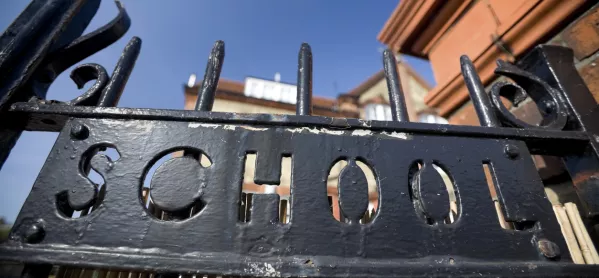Schools should identify and encourage a wider pool of disadvantaged children to attend school to tackle an attainment gap that is widening following the coronavirus shutdown, the children’s commissioner for England has advised.
In a briefing published today, Anne Longfield points out that despite government expectations that 20 per cent of pupils would attend school during the lockdown - made up of vulnerable children and the children of key workers - last Friday just 0.9 per cent of pupils attended.
News: Fears about vulnerable pupils during lockdown
Related: Uptake of school places for vulnerable ‘very low’
Coronavirus: MP warns over vulnerable children tech gap
She suggests that 20 per cent of each year group judged by each school as being most at risk of falling behind should be asked to attend school for at least one day a week - for example, the 20 per cent most at risk in a Year 7 cohort in a school could attend on Mondays.
Coronavirus school closures: the disadvantage gap
This would result in attendance in secondary schools overall of 4 per cent, the briefing said - still significantly below the government’s expected numbers.
“Providing access for pupils who are at the greatest risk of falling behind educationally under current conditions will help minimise the impact of Covid-19 on the disadvantage gap,” the briefing says.
If schools lacked teachers and staff to implement this, the briefing advises that retired teachers and undergraduates could be asked to volunteer.
“Although it would be perhaps inadvisable to make attendance compulsory for this group, there should be a strong expectation that children attend,” the briefing says.
“The scheme could be marketed to parents as something aspirational, giving their children access to something which is normally the preserve of wealthier families.”
Geoff Barton, general secretary of the Association of School and College Leaders, said: “We share the concerns of the children’s commissioner over children who are in danger of falling behind, but the practical implications of this specific proposal are daunting.
“The biggest challenge would be to persuade families to send in their children, and alongside that schools would need to draw up new staffing arrangements while also continuing to manage remote learning for other students, and ensure that social distancing could be maintained in the new provision in school.
“This issue really needs to be part of a coordinated strategy to ease lockdown measures which is guided by scientific advice and is carefully planned to minimise the risk of infection and build public confidence in a return to school.”




